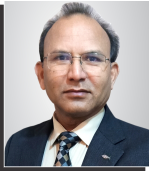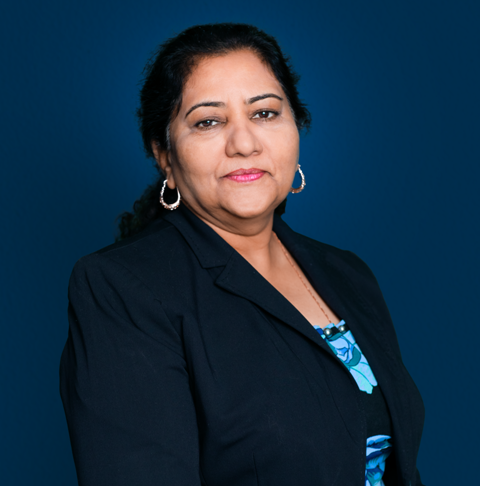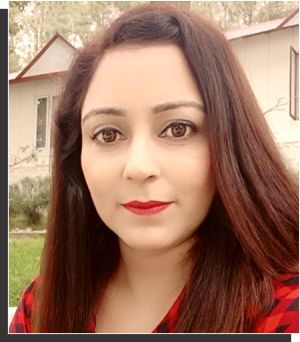By: Javaid Daniel
Khanewal, Pakistan – What began as the dream of a young peace activist from a small village in Southern Punjab has now grown into a nationwide movement for interfaith harmony. Rizwan, a peace educator and activist, has spent over a decade working for peace, dialogue, education and tolerance across Pakistan.
Having survived a violent religious attack in his youth, Rizwan made a vow to dedicate his life to peacebuilding. After earning a master’s degree in peace and conflict studies, and teaching peace education in Pakistan, he was selected for the KAICIID International Fellows Programme, a globally recognized initiative training leaders in interreligious dialogue. “KAICIID gave me the tools and confidence to turn my vision into reality,” Rizwan said.

Local Forums Spark a Movement
In late 2024, Rizwan launched the Khanewal District Peace Forum, uniting Muslim, Christian, and Hindu leaders alongside youth, women and political representatives. Within six months, the idea spread rapidly, with seven other districts in Punjab replicating the model.
At the heart of these forums is Inter Religious Dialogue (IRD), the practice of bringing together people of different faith traditions to build trust, reduce prejudice, and find peaceful solutions to shared challenges. “IRD is not just about discussion,” Rizwan explained. “It’s about transforming relationships and working together for the good of the community.”
These forums are already showing results: two major religious conflicts in Southern Punjab were resolved peacefully through dialogue and cooperation.
From Local to National
With growing demand and strong local partnerships, Rizwan and his colleagues took a bold step: founding the National Ecumenical Council of Pakistan (NECP)in May 2025, the country’s first national-level platform bringing together leaders from Christianity, Islam, and Hinduism.
The council aims to provide a united voice for peace, promote interreligious dialogue, and equip communities to resolve conflicts before they escalate. “This is about building a Pakistan where differences are not threats but strengths,” Rizwan said.
A Story of Hope
Rizwan’s journey from a village in Khanewal to the launch of a national interfaith council is a story of resilience, vision, and leadership. By combining international training with grassroots action, he has shown how one individual’s commitment can inspire a broader movement of peace across Pakistan.
*******





